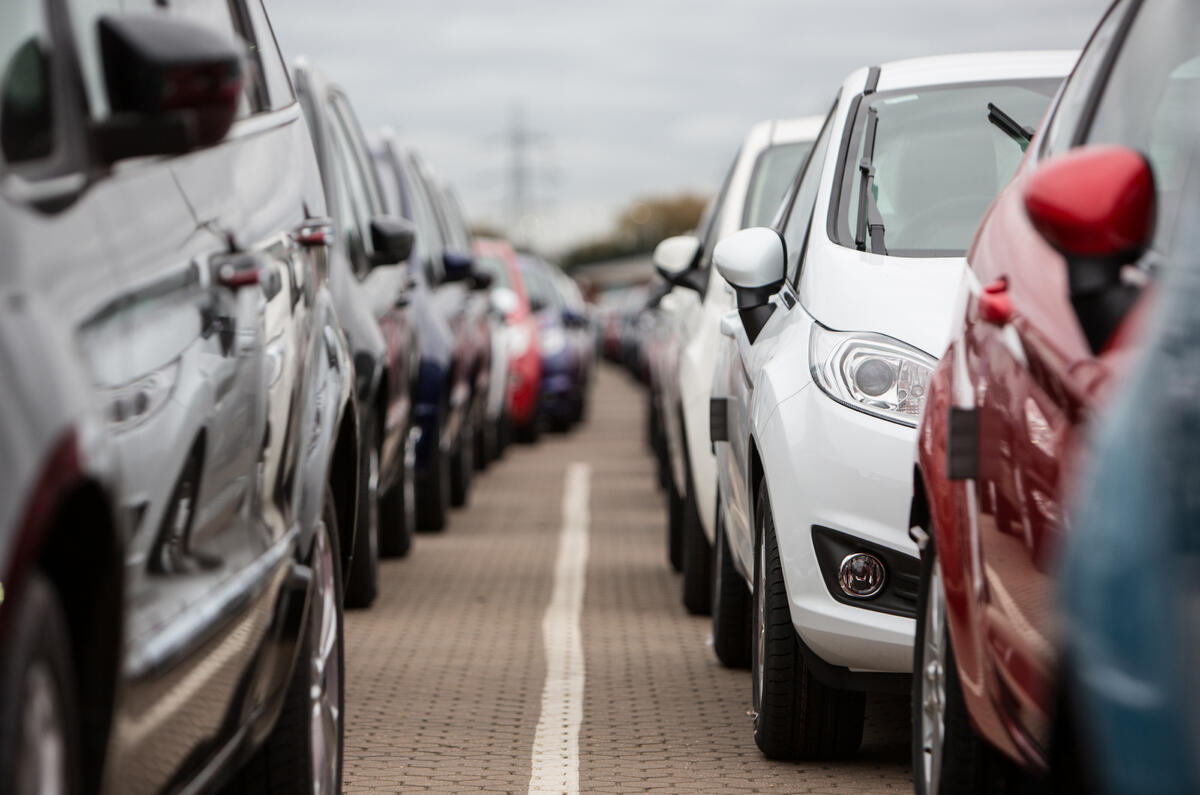The UK car market has grown again - by 2.9% over November 2015 – according to the latest statistics released by the Society of Motor Manufacturers and Traders (SMMT). However,diesel registrations fell by another 2.9%, following the downward slope experienced over the past year.
This, combined with the growth in sales of petrol-engined cars of 7.9%, means that petrol and diesel sales are within 400 units of one another, where once diesel registrations held a comfortable lead over all others in the UK.
JATO global automotive analyst Felipe Munoz highlighted that this is a growing pattern across Europe, with many countries experiencing a drop of over 10% in diesel sales in the last five years. In Belgium, for example, diesel car registrations have dropped from 75% to 52% since October 2011, and Denmark's car registrations are just 35% diesels, where five years ago diesels represented almost half of its market. On the whole, diesel registrations in Europe have dropped from 54.8% to 49% between October 2011 and 2016.
Alternatively fuelled vehicle registrations continued their exponential growth, having grown by a quarter in November compared with the same month in 2015. They now make up 7.5% of UK registrations and counting.
Around 5000 more cars were registered in November 2016 than November 2015, with fleet and business registrations bolstering a comparatively flaccid private market. In the year to date, more 2.5 million cars have been registered; a record for the UK market.
Private sector sales continue to concern industry experts, who fear that we may not be experiencing the full effect of the political uncertainty on the car market. Private registrations fell by 1.2% - which represents 902 cars – in November compared with the same month last year. Business registrations rose by more than 1000 – 24.3% - while fleet registrations jumped to a few hundred shy of 100,000 - strengthening that sector's position as the dominant source of registrations in the UK.
The Ford Fiesta maintained its considerable lead over all opposition as the most-registered car in the UK, shifting 8382 cars in November, although this could slow next month, as buyers anticipate the recently revealed next generation of Fiesta.
Among the big winners of November 2016 were BMW (up 28.15% over November 2015), Nissan (up 16.65%), Seat (35.3%) and Skoda (24.15%). Land Rover experienced a 19.23% dip, while Vauxhall fell by 23.72%.
The best-selling cars in the UK in November were:
1: Ford Fiesta - 8382
2: Vauxhall Astra - 4829
3: Volkswagen Golf - 4663
4: Vauxhall Corsa - 4341
5: Ford Focus - 4321
6: Nissan Qashqai - 4242
7: MINI - 3778
8: Volkswagen Polo - 3637
9: Audi A3 - 3296
10: Mercedes-Benz C-Class - 3203
The falling demand for diesel is part of a Europe-wide phenomenon, too, as Munoz highlighted: "New car registrations continue to grow in the rest of Europe, but growth has slowed down during the last 6 months. The increasing political and economic uncertainty along with coming key elections in France and Germany, are behind the reasons for this.




Join the debate
Add your comment
Hybrids, but which kind?
A Graph?
Is this top10 list for real?
We keep reading about a 'SUV' boom, we see new SUV's everywhere, yet the Qashqai remains the only SUV in the top 10 best selling cars (as it has done since it was released)? Can't understand that.
All the usual culprits fill the remaining 9 places but that's just not what I'm seeing in real life. I see hardly any 66 plate Astras or Golfs or Polos. In fact I see more 66 plate C class and A3's.
I note SEAT sales are up 35% this month, no doubt attributed to their new SUV. Despite being released only a few months ago, I see loads of Atecas around. Hyundai Tucson is another candidate, there are loads of 66 plate Tucsons on the road. These must top 10 contenders?
I agree